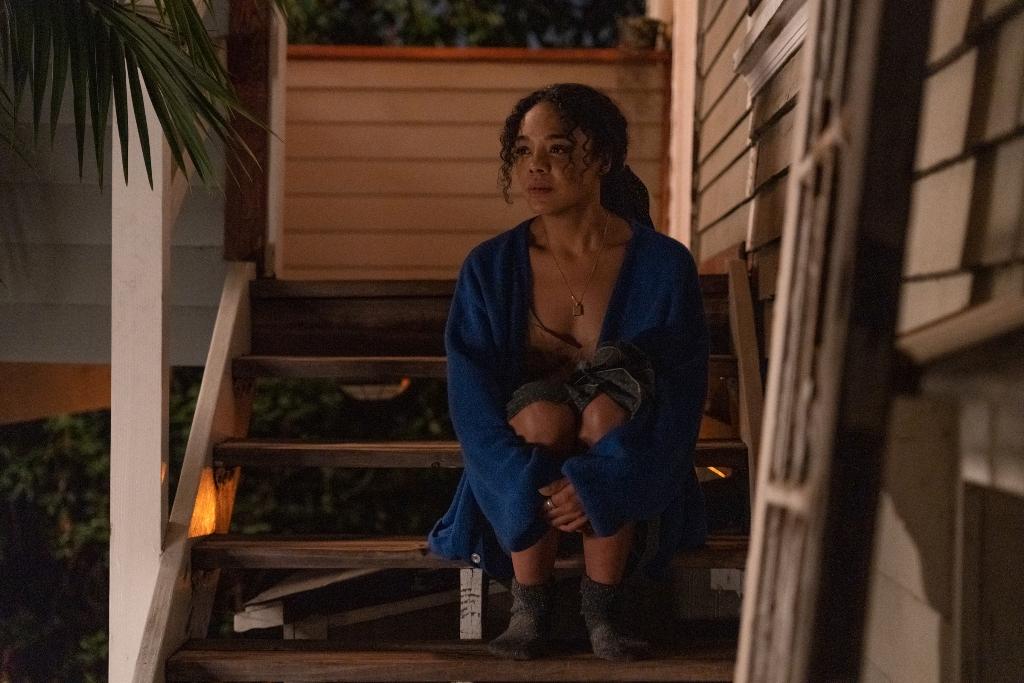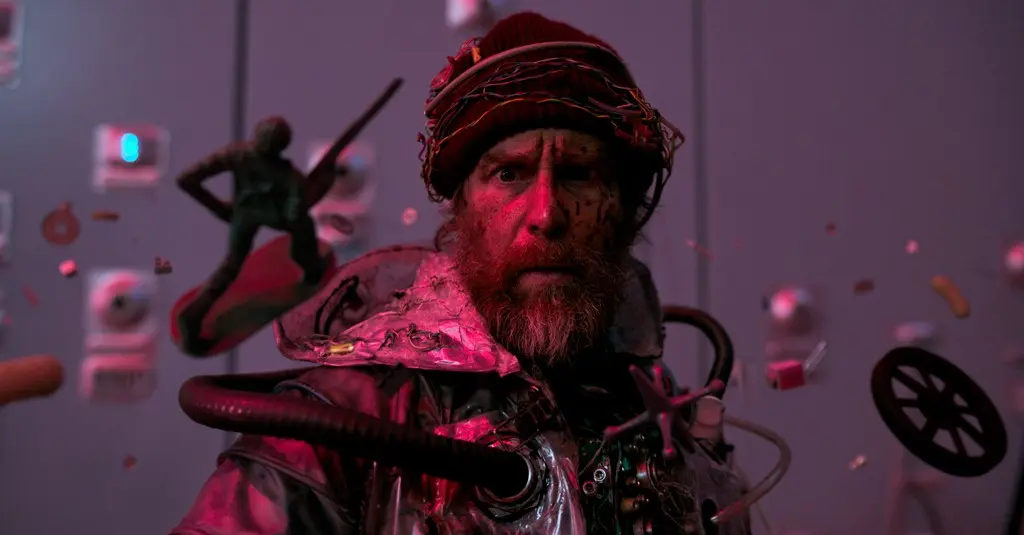NR | 1h 36m | Drama | 2024
Movies featuring a single on-screen performer for their duration is the cinematic equivalent of a high-wire act working without a safety net. If it succeeds, it’s beyond impressive; if it fails, it’s viewed as a poorly executed gimmick.






